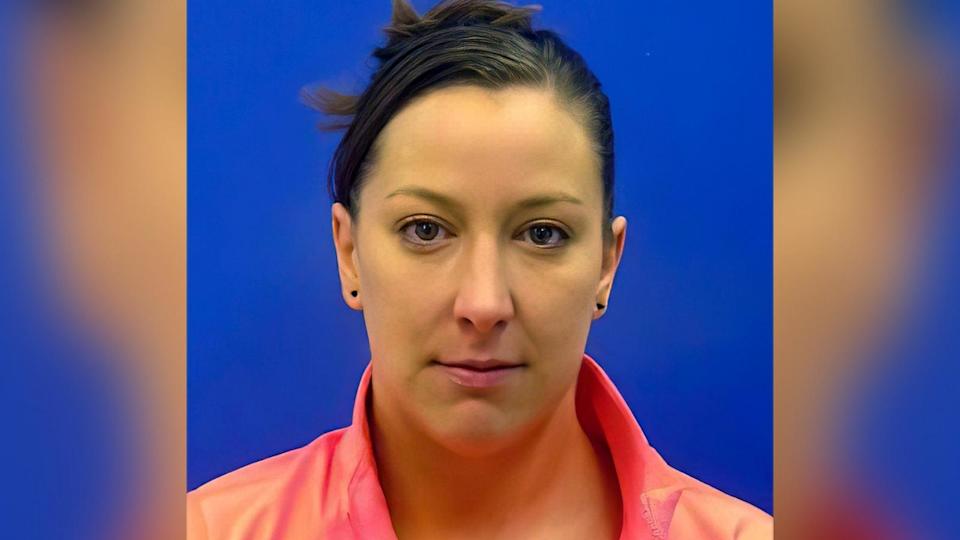Ashli Babbitt Settlement: What the $5 Million Lawsuit Means and Why It Matters
The tragic death of Ashli Babbitt during the January 6 Capitol riot continues to stir national debate. Recent legal developments, including a multimillion-dollar settlement, keep this case in the headlines. This article covers the details of the settlement, examines the context surrounding Babbitt's death, and considers the broader implications for law enforcement and public policy.

Who Was Ashli Babbitt?
Ashli Babbitt, a 35-year-old Air Force veteran, became one of the most widely recognized figures from the January 6, 2021, attack on the US Capitol. Originally from the San Diego area, she traveled to Washington, D.C., strongly supporting then-President Donald Trump and expressing her political views on social media.
On January 6, while attempting to enter the House chamber through a broken window, Babbitt was fatally shot by Capitol Police Lt. Michael Byrd. The incident was captured on video and quickly went viral, polarizing the nation and sparking intense debate over the use of force during the Capitol riot.
The $5 Million Settlement: Key Lawsuit Details
After Babbitt's death, her family filed a wrongful death lawsuit against the federal government. The suit, originally seeking $30 million in damages, accused law enforcement of excessive and negligent use of force. According to multiple reports, including Forbes, the federal government has agreed to settle the case for about $5 million. The Justice Department signaled a preliminary agreement in court, but full details remain limited as of May 2025.
The settlement resolves claims brought by both the Babbitt estate and Judicial Watch, a conservative activist group. Issues at the heart of the case included assault, battery, negligence, and the alleged failure to supervise law enforcement properly. Babbitt's family argued she "posed no threat to anyone when she was in the Capitol and had previously complied with police orders."
What Happened to the Officer Involved?
Lt. Michael Byrd, the officer who shot Ashli Babbitt, was cleared of criminal wrongdoing after extensive federal and internal investigations. Both the Justice Department and Capitol Police determined that his actions were lawful and consistent with departmental policy at the time. Byrd said the shooting was a "last resort" and was done in defense of lawmakers and staff. As noted in a report by Yahoo News, Byrd faced no internal punishment.
Capitol Police Chief Tom Manger expressed disappointment in the settlement, stating it sends a "chilling message" to officers tasked with protecting government officials.
Political and Public Reactions
Former President Donald Trump has spoken publicly in support of Ashli Babbitt, calling her "a really good person who was a big MAGA fan." He suggested her role in the events of January 6 was misunderstood and has repeatedly questioned the circumstances of her death. The settlement, and Trump's subsequent pardons for most January 6 rioters, have intensified political debate. You can read more about the political fallout and case updates at the Washington Post.
Broader Implications for Law Enforcement
The Ashli Babbitt case highlights complex issues around police accountability, crowd control, and political polarization. Some worry that the settlement could discourage law enforcement from acting decisively in chaotic situations. Others believe it sets an important precedent for transparency and accountability when force is used.
Final Thoughts
The Ashli Babbitt settlement marks a significant chapter in the ongoing debate about the January 6 Capitol riot and the appropriate use of force by law enforcement. As public scrutiny and political discourse continue, the impact of this case will influence discussions on police conduct, protest rights, and government accountability for years to come.